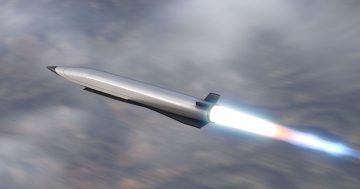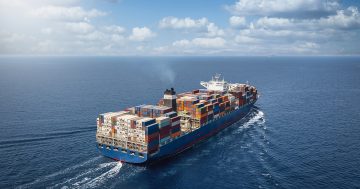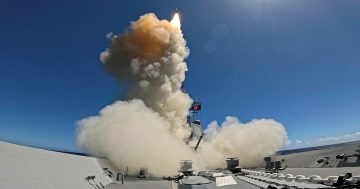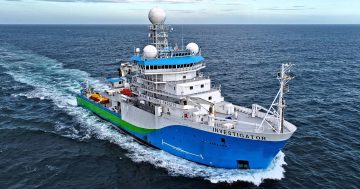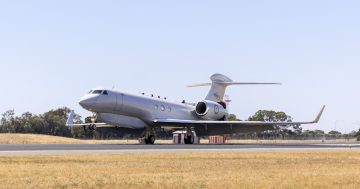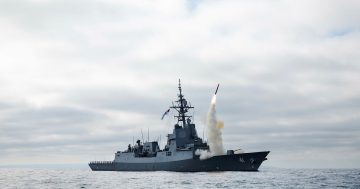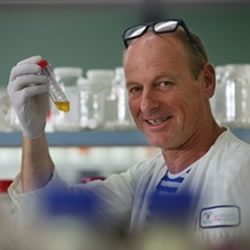 Researchers from the University of Queensland (UQ) and the Commonwealth Scientific and Industrial Research Organisation (CSIRO) are tracking the COVID-19 virus in wastewater from plane and cruise ship passengers.
Researchers from the University of Queensland (UQ) and the Commonwealth Scientific and Industrial Research Organisation (CSIRO) are tracking the COVID-19 virus in wastewater from plane and cruise ship passengers.
Their work is expected to play a key role for when Australia can safely welcome international visitors.
A new paper in the Journal of Travel Medicine reports that testing of aircraft and cruise ship wastewater upon arriving at their destination had detected genetic fragments of the COVID-19 virus, SARS-CoV-2, a step forward in using the test as an additional public health management tool.
Minister for Industry, Science and Technology, Karen Andrews said Australian scientists were doing outstanding work and making a difference in the fight against Coronavirus.
“Our science and research communities are among our greatest assets in our efforts to not only overcome this pandemic, but also to assist in the economic recovery from COVID-19,” Mrs Andrews said.
“The ability to test wastewater from planes and cruise ships is another piece of the puzzle as we look to the future of travel and keeping Australians safe.”
Chief Executive at CSIRO, Larry Marshall said responding to a pandemic was not just about the race for a vaccine, Australian science was supporting the economic recovery by delivering for partners like Qantas.
“Our relationship with air travel goes back to the 1960s, and today our unique coatings already protect aircraft, so it’s great to be trusted to keep Australia flying while helping to stay ahead of any potential new outbreaks,” Dr Marshall said.
Paper co-author, Jochen Mueller (pictured) from UQ’s Queensland Alliance for Environmental Health Sciences, said the tool could help as Governments and transport industries developed plans to minimise transmission associated with resuming international travel.
“The test provides an early warning of infection, as the virus sheds in the stools of infected passengers even before they show symptoms,” Professor Mueller said.


